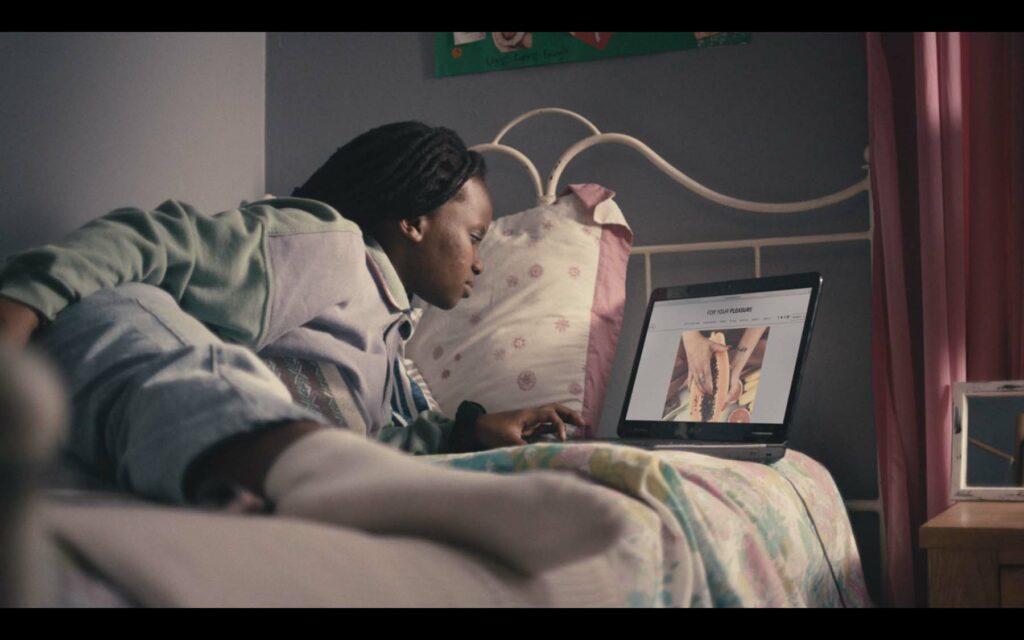
Witty take on female pleasure
Mirror Mirror directed by fresh faced Sandulela Asanda is a refreshing take on female sexuality and pleasure told from the perspective of two friends navigating the complexities and contradictions of their entry into adulthood.
This short film stars newcomers Luhle Macanda as Luthando and Buhle Ngaba as Jodie, chronicling their friendship as it is mediated through social media, a feature of human interactions especially for young people. Mirror Mirror expertly lays bare the dysfunctionality of the modern family set-up as evidenced in the relationship Luthando has with her mother.
Mirror Mirror also unpacks some of the challenges (young) women face in a stubbornly patriarchal society which places unfair and unrealistic expectations on women. The film intimately delves into the daily lives of young women as they attempt to understand their own bodies for their own pleasure – a subject which in most African societies remains taboo.
Whilst the subject matter is serious in nature and one which many would shy away from, Mirror Mirror does the opposite, insisting on placing female sexuality and sexual pleasure right at the center where it belongs. The film manages this without falling prey to promoting deviant sexual behavior, a particular worry of conservative African societies where the film is likely to be most relevant.
The fact that most of the film takes place over a video call brings with it a different meaning and experience. Instead of watching what is captured through the eyes of the camera, we watch through the characters’ laptop cameras in an almost voyeuristic way but without any of its more negative connotations. This should bring relatability, familiarity, and a sense of camaraderie to the target audience comprising teens and those in early adulthood.
As a South African film, Mirror Mirror raises important debates around South African society and its attitudes when it comes to sexual education, a big source of frustration for the two protagonists as they try to follow the advice of books and manuals that deal with the topic. This only leads them to more confusion and frustration. This in a sense, gives voice to the concerns, challenges and expectations of young people who feel misunderstood especially by their parents and the wider society.
Durban International Film Festival
Catch the film at the Durban International Film Festival: https://ccadiff.ukzn.ac.za/
Author
This story emanates from the Talent Press, an initiative of Talents Durban in collaboration with the Durban FilmMart. The views of this article reflect the opinions of the film critic Tonderai Chiyindiko.

